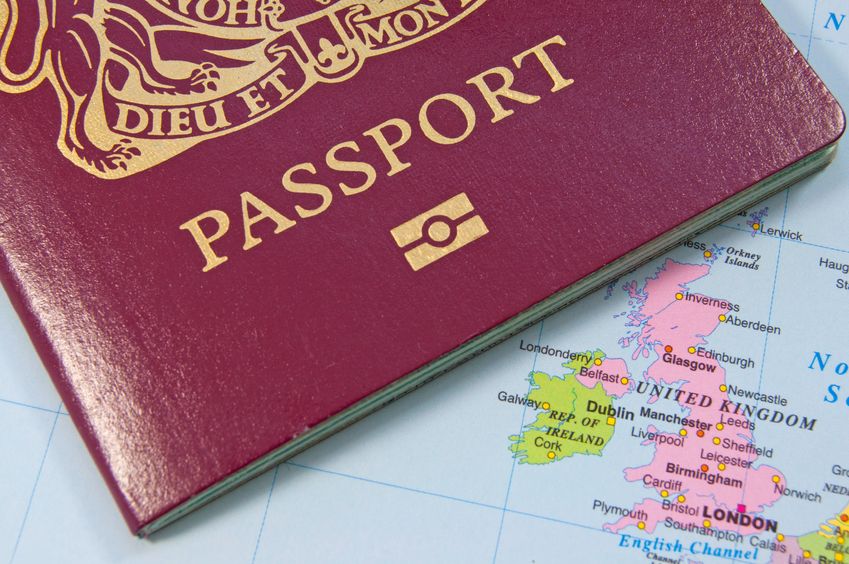
The potential damage to the Irish agriculture sector in the event of a 'hard Brexit' is too serious to ignore, according to Irish Farmers' Association president Joe Healy.
Addressing the Oireachtas Committee on Agriculture, Mr Healy said he would prefer the UK remain a member of the Single Market.
"Our first position is that the UK would remain a full member of the EU’s Single Market, including free trade on agricultural products. This is also the position represented by our farming colleagues in the NFU in the UK, with whom we remain in regular contact since the vote and work closely with in Brussels through COPA," he said.
He said if this proves unworkable, a comprehensive Free Trade Agreement between the EU and the UK, with favourable access for agricultural products and mutual recognition of standards must be a priority at EU level.
"We believe that the EU Commission must look seriously at providing exceptional support for sectors for whom an external political event has had an immediate and negative economic impact. We are again calling on the Government to pursue this at EU level. We are also asking for the support of this Committee on these issues."
'Imbalance of power'
For the Irish beef sector, over 50% of exports go to the UK market, and so the weakness of sterling does provide a major challenge.
But exchange rate volatility is not the only determinant of price returns.
Mr Healy said demand for beef in the UK remains very strong.
"We are in the high demand Christmas procurement period for the last month or more, trade and market returns have picked up and cattle prices should have risen a lot more. It is clear the lack of competition in the beef sector is a major factor," the union said.
"IFA has also made it clear that factories must demand higher prices from their British retailer customers to reflect the devaluation and pass these increases directly back to farmers.
"This is what should happen in a normal functioning market. But as producers, we well know the imbalance of power in the farmer, processor, retail relationship in the food chain and the need for regulation in this area."
Mr Healy said the strength of the relationship between Ireland, Northern Ireland and the UK must be leveraged to minimise economic and social disruption in the short term and achieve the most positive and sustainable outcome for the future.
